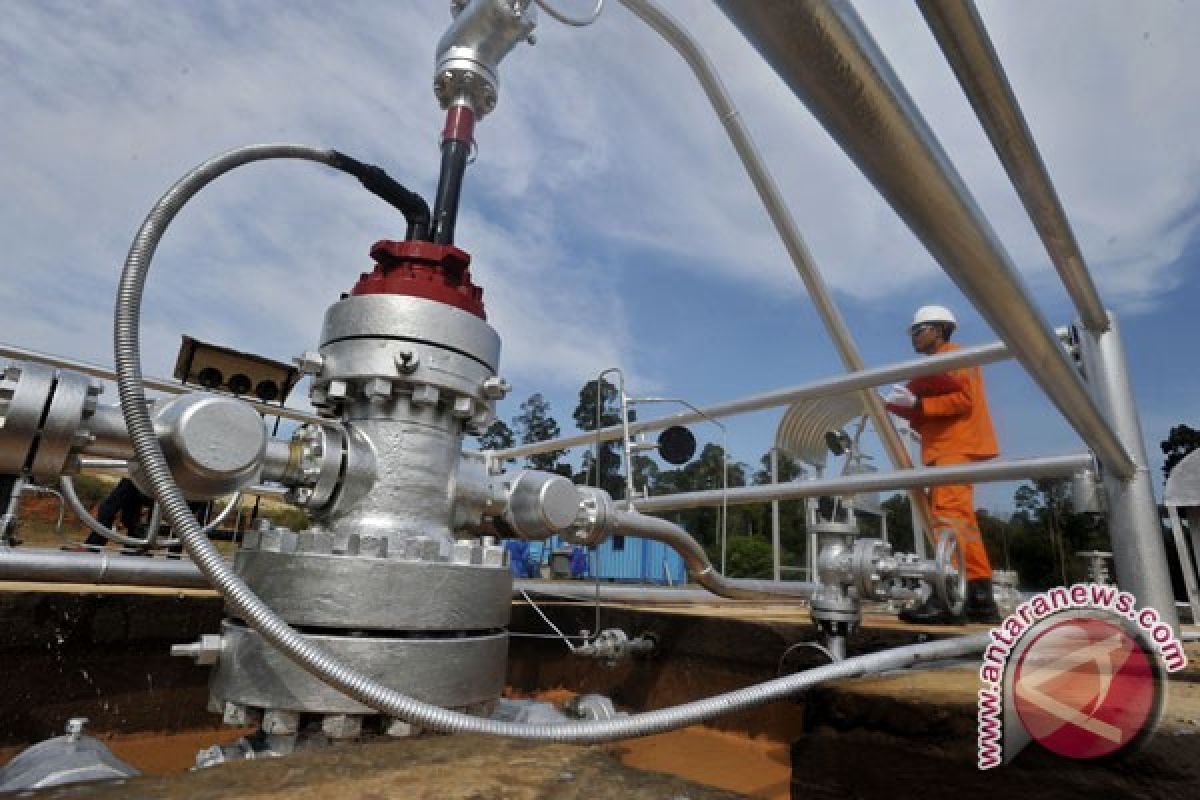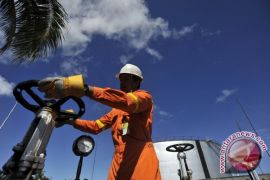... said that BP Migas had so far carried out its crucial role well... "Jakarta (ANTARA News) - The dissolution of BP Migas, the upstream oil and gas regulator, will have a bad impact on oil and gas investment because this sector needs legal certainties in the long-run, a chamber official said.
Kirlie Ganinduto of the Indonesian Chamber of Commerce and Industry (Kadin) said here on Wednesday that the dissolution was a "slap in the face" of the oil and gas business players in the country.
"BP Migas can be dissolved, let alone, if it is only a work contract, on ground that it is against the 1945 Constitution," Ganinduto who is Kadin chairman for upstream oil and gas committee, said in a discussion organized by the Energy & Mining Editor Society, here on Wednesday.
He said that BP Migas had so far carried out its crucial role well. It has played its crucial role in manpower development, controlling cost and recovery as well as increasing the local content of oil and gas industries.
Ganinduto said that if BP Migas gave a chance to a foreign firm to play a role in the national oil and gas industry, then it could not be automatically said it was pro-foreigners.
He said that it should be remembered that in order to increase oil and gas reserves large scales explorations were needed, particularly in deep seas.
The Kadin official said that in order to carry out drilling in deep seas, a big investment was needed. A deep sea exploration activity will need at least, for example, US$20 million per well while drilling at shallow seas or on-shore only needed some US$2 to US$3 million, he noted.
This condition discouraged local investors to explore oil and gas at deep seas. "In this context, BP Migas invites the role of foreigners because we need them to find new oil and gas reserves," he added.
The Constitutional Court on Tuesday dissolved BP Migas after reviewing Law No. 22 of 2001 on Oil and Gas run counter to the 1945 Constitution and have no binding legal force.
MA ruled that articles governing the tasks and functions of BP Migas in Law No. 22 of 2001 on Oil and Gas run counter to the 1945 Constitution and have no legal binding.
Articles which are against the constitution are article 11 sub-article (1), article 20 sub-article (3), article 21 sub-article (1), and article 49.
"All matters related to the executive body in the elucidation of the oil and gas law contradict the 1945 Constitution and have no legal binding," MK chairman Mahfud MD said.
The Constitutional Court also ruled that Article 1 point 23, Article 4 sub-article (3), Article 41 sub-article (2), Article 44, Article 45, Article 48 sub-article (1), Article 59 letter a, Article 61, and Article 63 of the oil and gas law are also against the constitution and have no binding legal force.
The MK made the decision after reviewing Law No. 22/2011 on Oil and Gas.
The judicial review was called at the request of 30 figures and 12 mass organizations including the Solidarity for Parking Attendants, Street Vendors, Employers and Employees (SOJUPEK), Association of Indonesian Islamic Preachers (IKADI), Islamic organization Muhammadiyah, Muslim hardline group Hizbut Tahrir Indonesia, and Association of Indonesian Muslims.
They are of the view that the law has led to the liberalization of the oil and gas sector. ***2***
(A014/KR-BSR/S012)
Editor: Ade P Marboen
Copyright © ANTARA 2012










